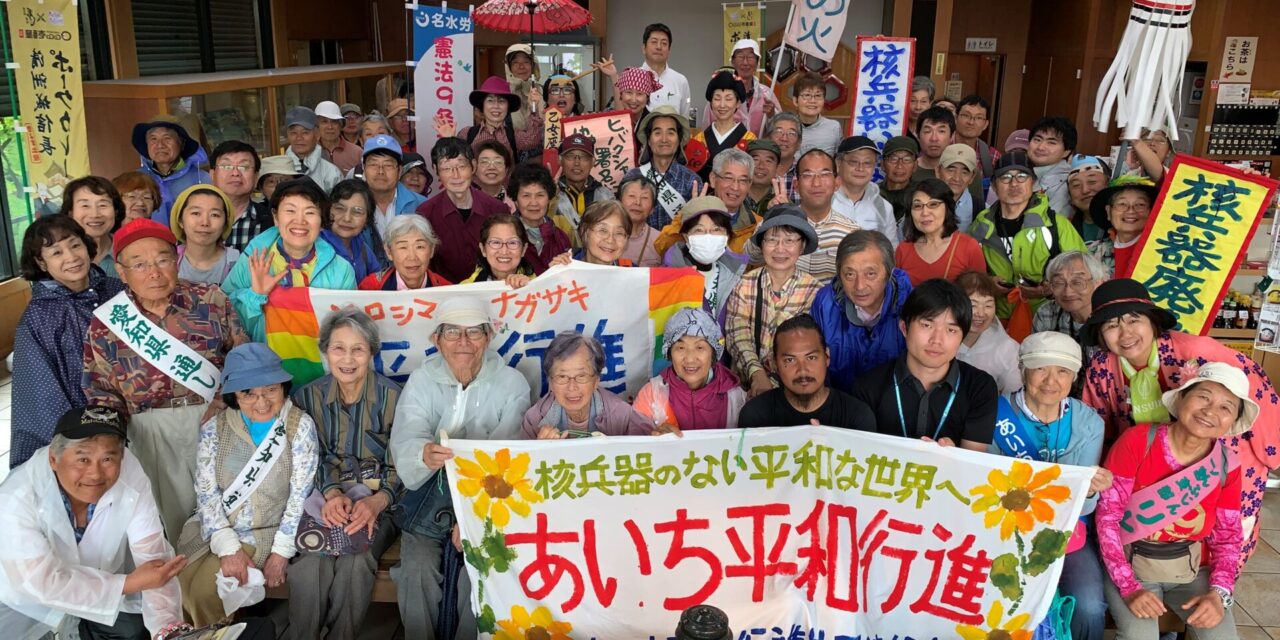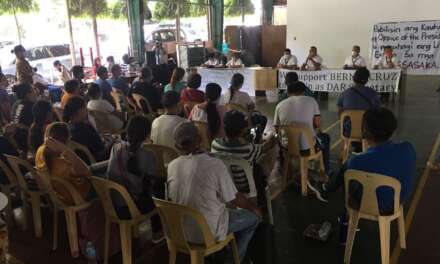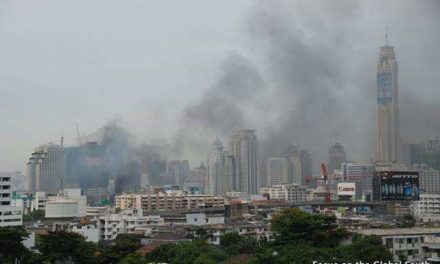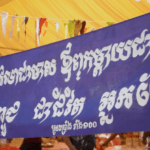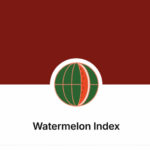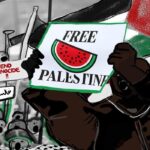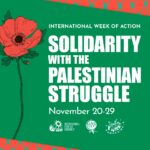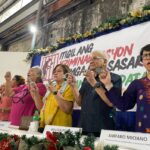By Galileo de Guzman Castillo[ii]
2020 June 5
It is a great honour and privilege to be taking part in the Heiwa Koshin, the International Youth Relay, and the Virtual Peace March this year despite the difficulties and challenges of the situation. We are all facing the COVID-19 crisis in varying degrees and it is clear that we are in this for the long haul. I hope you, your loved ones, your communities, and everyone in the peace movement stay safe and healthy.
Exactly a year ago on this day, June 5, we walked the streets of Seto, Owariasahi, and Moriyama-ku carrying messages of peace and our contribution to the collective call for justice for the Hibakusha (atomic bombing survivors). That day was the first time I sang the song “Kapayapaan” in front of the Aichi peace marchers at the Moriyama Shogai Gakushu Centre. I remember the courage I had to muster within myself, with the support of the Japanese peace movement, to communicate a solidarity message through a song and overcome the barrier of language.
Now, we are all facing the unprecedented challenges and devastating impacts of the COVID-19 pandemic on our daily life, our communities, and our collective peacebuilding initiatives on the ground, in the region, and in the world.
Two months ago, United Nations Secretary-General António Manuel de Oliveira Guterres delivered his remarks to the Security Council on the COVID-19 Pandemic. Guterres reiterated his earlier call for a global ceasefire and urged all warring parties “to silence the guns in order to help create conditions for the delivery of aid, open up space for diplomacy and bring hope to places among the most vulnerable to the pandemic.” He added, “The pandemic poses a significant threat to the maintenance of international peace and security—potentially leading to an increase in social unrest and violence that would greatly undermine our ability to fight the disease.”
However, the challenge does not merely revolve around fighting the COVID-19 disease as a public health crisis; it is also about addressing, responding to, and eliminating the hardship, unpeace, and injustice it magnifies in its wake. Across Asia, governments have used emergency powers to rule with an iron hand and impose brutal repression of peoples. Authoritarian regimes have resorted to draconian measures to enforce lockdowns, silence dissent, and stifle progressive movements. The COVID-19 pandemic has made visible the stark realities on the ground and the differentiated impacts of the crisis based on class, caste, gender, race, ethnicity, age, occupation, and socio-economic status.
In the Philippines, the COVID-19 outbreak has exposed the twin crises of neoliberalism and authoritarianism. President Rodrigo Duterte and his administration are using the COVID-19 as a pretext to justify the government’s militarized approach in addressing the crisis, the pitting of peace and order against human rights, and the further consolidation of powers in the hands of the ruling elite and traditional politicians, away from the people.
At the height of the pandemic, a $2 billion arms sales to the repressive and violent Duterte regime in the Philippines was approved recently by the US State Department. The Foreign Military Sale (FMS) led by the United States includes the selling and purchasing of attack helicopters, missiles and warheads, guidance and detection systems, machine guns, and ammunitions. The deal comes despite the notice of abrogation of the 1999 Visiting Forces Agreement (VFA) sent to the US government early this year, with the process supposedly to be completed by August. On June 2, the Philippine Government suspended its earlier decision to terminate the decades-long VFA with the US.
Philippine Ambassador to Washington Jose Manuel Romualdez stated in a public briefing, “The US is very much committed to helping us in terms of our modernization program and they really would like to see us… get as much equipment from the US for our interoperability in terms of our [1951] Mutual Defense Treaty (MDT).” Now, we all know that the US is the country with the highest military expenditure in the world, with a long history of neo-colonialism and imperialism, rights violations, and is associated with many instances of destabilization of governments of other democracies.
Three years on, the southern city of Marawi in Mindanao is still in rubbles after the months-long armed conflict between the Philippine government troops and the ISIS-inspired Maute terror group. Residents cannot go back to their homes and 120,000 people are still displaced. Nothing concrete has come out of the Task Force Bangon Marawi rehabilitation, recovery, and reconstruction plan. Violent extremism continues to thrive in the shadows of the COVID-19 crisis and in these trying times, extremism may well be winning the ideological fight among the youth.
In a move that could cause things to spiral, President Duterte has certified as urgent an Anti-Terror Bill that purportedly pursues safety and security, but at the expense of fundamental freedoms. It will, among others, “allow law enforcers or military personnel to place individuals and organizations under surveillance, compel telcos to divulge their calls and messages, arrest people without warrant, and detain them for extended periods.” In addition, organizations may be outlawed as “terrorist” on the request of foreign and supra-national jurisdictions. Though many Filipinos are fearful of its abuse by despotic implementors, the Philippine Senate and House of Representatives approved the bill on its third and final reading.
All these are happening amidst the struggles and difficulties of coping with the health, political, economic, social, and cultural impacts of the COVID-19 pandemic. But all is not lost. In the face of government’s inefficiencies, authoritarian measures, and clamping down of civil liberties and rights, there are vibrant grassroots voices, reignited solidarities, and strengthened social movements from below that stand resolute and courageous.
Amidst the inadequacies in health care provision, the looming food crisis, and helplessness and hopelessness, they have created communities of mutual aid and solidarity relief initiatives providing food for the hungry, masks for the neglected, and medical supplies for the disadvantaged. Amidst the uncertainties and challenges of the COVID-19, they have come together to demand reparation and justice, to dismantle different dimensions of inequalities, and engender systemic transformation. Wasurenai (let us not forget) these cultures of solidarity and resistance, our humanity, and the “positives struggling to be heard” in these dark times. Let us always remember the aoi sora (blue skies).
In the solidarity message I shared during the Heiwa Koshin in Aichi and Gifu Prefectures in Japan as part of the 2019 International Youth Relay, the heart of the piece was the importance of the growing, broadening, expanding peoples’ peace movement against war and nuclear weapons. The youth, students, and cultural workers—who cut across all the sectors of society and are the source of new energies and new ways of imagining the world—have a crucial role in the regeneration of peoples’ movements and the recovery efforts towards a new world post-COVID-19. Equally important, the older persons—a significant majority comprising the Japanese movement—are the wellspring of wisdom, inspiration, and courage. It is a mutually valuable intergenerational link.
The COVID-19 pandemic is a portal, “a gateway between one world and the next” as Arundhati Roy described. It has opened windows for systemic transformation, opportunities to organize, and strengthen our peace movement as we stand in solidarity with one another and reclaim our future. In the present critical conjuncture, this is the time for us, now more than ever, to respond to the challenges of unpeace and to struggle and resist oppressive structures, institutions, and powers. These we do, as we collectively imagine, fight for, and move towards our new world.
Similar to last year, I want to end this solidarity message with the lyrics from a song, this time, by the Alyansa ng Kabataang Mindanao para sa Kapayapaan (Alliance of Mindanao Youth for Peace):
Tayo ay Magtatagumpay (We Shall Overcome)
Kaibigan ikaw ba ay nalulungkot (Friend, do you feel disheartened)
Maraming mga tanong sa iyong isipan (Questions running through your head)
Bakit nagkaganito ang Inang Bayan (What happened to our Mother Land)
Tayong lahat ay uhaw sa kapayapaan (Peace we all thirst for and want)
Magkapit-bisig na tayong lahat (Let us walk hand in hand, shoulder to shoulder)
Isigaw natin ang gustong iparating (Shout our hearts out together)
Ipaglalaban ang ating mga karapatan (Struggle and fight for our rights)
Isigaw natin ang ating hinanaing (Make them hear our demands and plights)
Isigaw niyo kabataan huwag mawalan ng pag-asa (Youth, be the hope torchbearer)
Nasa puso ninyo makikita ang sagot (In your hearts, you will find the answer)
Paghihirap niyo ay mayroon ding katapusan (Cessation of hardships and adverse outcomes)
Balang araw tayo ay magtatagumpay (Some day we shall overcome)
[i] This solidarity message was delivered during the Online Peace March on June 5. Due to the COVID-19 pandemic, the annual Japan Peace March has shifted to an online platform. The livestream session may be watched at this link: https://www.facebook.com/peacemarchjournals/videos/797980277610697/
The Organizing Committee of the World Conference against A and H Bombs invites all peace-loving peoples and movements to join the international joint grassroots action, “Peace Wave” which will encircle the globe from August 6 to 9, marking the 75th anniversary of the atomic bombings of Hiroshima and Nagasaki. The Peace Wave Campaign will bring the global trend for a nuclear weapon-free world onto a new stage, with the collective aim of the elimination of nuclear weapons and the signature campaign for the “Appeal of the Hibakusha for the Elimination of Nuclear Weapons” as a common action.
[ii] Galileo is a Philippines Programme Officer with Focus on the Global South. He was an International Youth Relay Peace Marcher for Aichi and Gifu Prefectures in 2019. Read more about Galil’s participation in the Japan Peace March from his notes from the field at this link: https://focusweb.org/category/post-types/notes-from-the-field/

